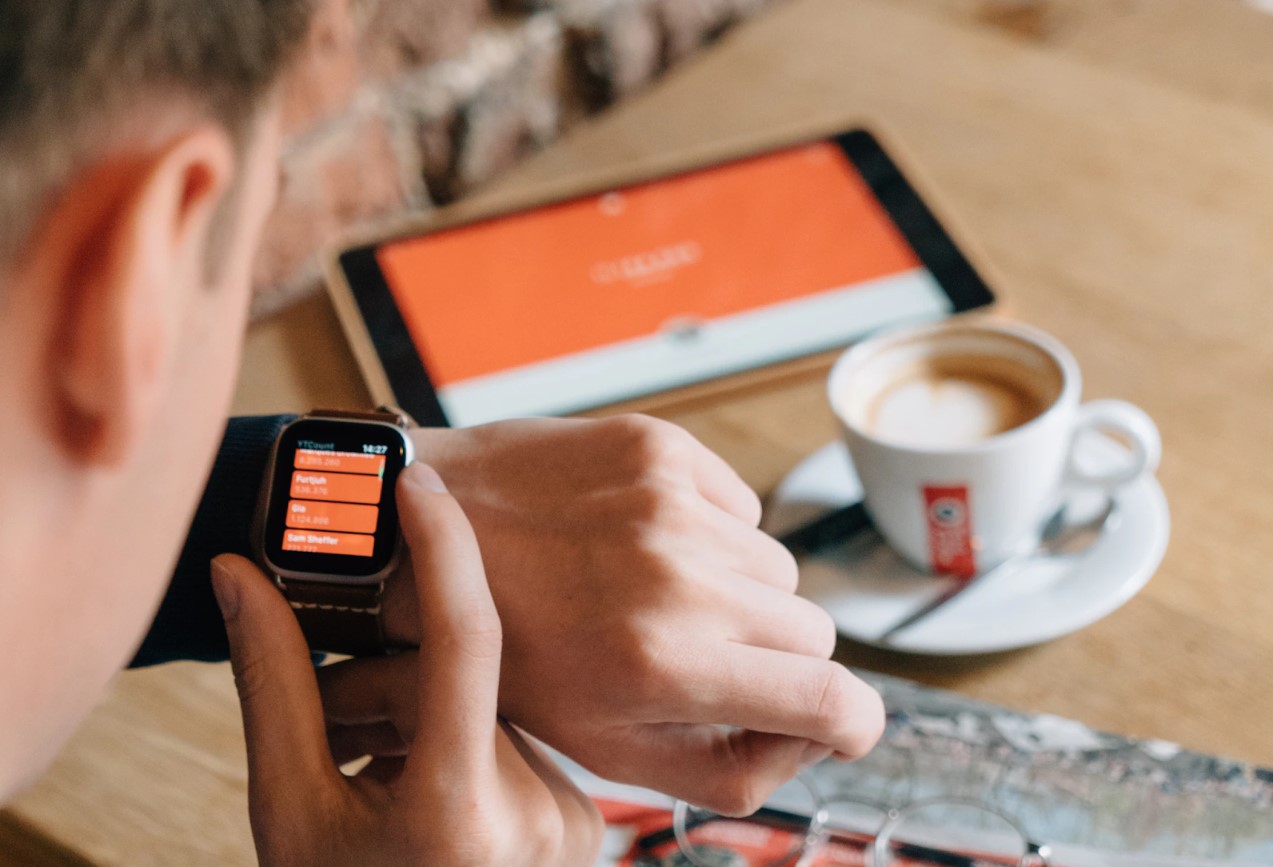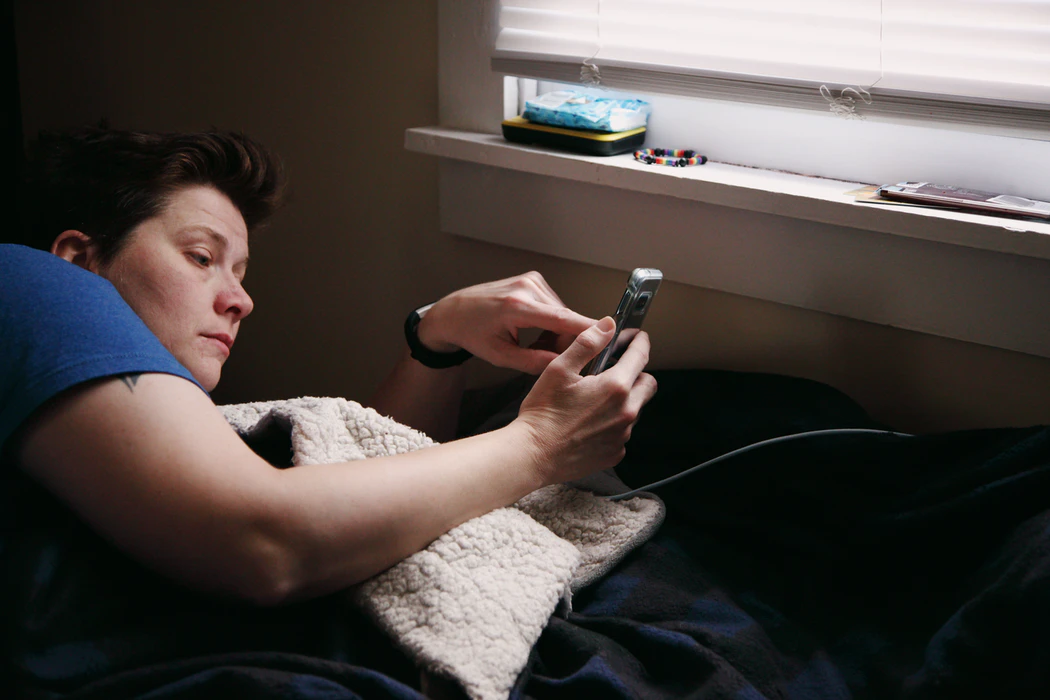We are creatures of habit. On paper, the concept of creating and keeping routines sounds great. It promises that if you stick with your habits, you will become more productive. As you repeat the same actions regularly you become subconsciously aware that those habits are important to you, so you end up integrating them into your routine.
However, some of these habits may be harmful to your happiness and productivity. Considering your daily routine is the accumulation of the habits and choices you make every single day, these bad habits can lead to long-term unhappiness and unproductivity.
This article will address 9 reasons your daily routine might not be working for you.

- Failing to prepare for the day
Unfortunately, many people wake up in the morning in “reaction mode” and begin in chaos, running around and preparing for the day. A good routine starts the night before when you plan for the next day.
The best way to have an effective and productive day is to be deliberate with your time. Part of being intentional with your time is planning. If you try to leave each day up to chance, you’re more likely to face indecision and procrastination, which are both significant time-wasters.
One method of planning your day is to identify your three most important tasks and focus on completing them before you do anything else. These tasks can be broken down into three areas:
- One that’s related to an important long-term goal
- One that’s related to your personal life
- One that’s related to an urgent project you’re working on, such as IVR softwares, for example
Also, make a plan for any scheduled event that is happening the next day: a doctor’s appointment, a work meeting, or an activity at your child’s school. If you struggle with this, you can use a free schedule template to help you organize and remember events.
- Hitting the snooze button
Everyone is guilty of hitting the snooze button on their alarm clock from time to time. For many adults, especially remote employees, it’s a daily occurrence- an effort to get as many precious minutes of sleep as possible. Unfortunately, this is in no way beneficial.
This is because much of the second half of your sleep cycle is made up of restorative REM sleep. However, when you hit the snooze button, you won’t fall back asleep long enough to get back into the REM phase before the alarm goes off again. It’s pointless to hit the snooze button because you won’t feel any more rested in the morning.
Instead, it’s better to stick to a specific time each day to get up and go to sleep. Also, try to get 7-8 hours of sleep per night, so you won’t feel the need to hit the snooze button in the morning.

3. Leaving the blinds closed
Getting ready in the dark in the morning can negatively impact your sleep cycle. It’s best to expose yourself to natural light first thing in the morning because this early sun has the most blue light in it. Blue light helps you wake up, makes you more alert, and increases your reaction time.
Exposure to the morning light can also help you get better sleep at night. People who spend more time exposed to the morning light upon waking up experience fewer sleep disturbances. They also fall asleep faster than those who don’t soak up the early morning sun.
4. Checking social media
Many people reach for their phones first thing in the morning to check social media and see what happened while they were asleep. A friend has posted a picture of their night out, an aunt has posted a status update asking, “How does a virtual phone number work?”.
If you do this, you’re starting your day off by focussing on other peoples’ problems and priorities instead of your own. Studies have shown that there is a direct correlation between social media use and depression.
Furthermore, the time you spend on social media is probably longer than you intended it to be. What starts out as a quick social media check can easily turn into twenty minutes of scrolling. And then thirty minutes. Before you know it, you’re rushing out the door and starting your day off in a state of panic.
Instead of polluting your world with your friends’ opinions and articles about 3cx competitors when you wake up, focus on what you need to do to prepare for a constructive day.

5. Consuming negativity
Focussing on negativity, such as the news, first thing in the morning will often cause you to feel angry, aggrieved, or anxious about something. Studies have found that those who watch just 3 minutes of negative morning news are 27% more likely to report having a bad day. When you expose yourself to negativity in the morning, you’re more likely to carry those feelings with you for the rest of your day.
People who show up to work happy or calm typically stay that way for the remainder of the day. On the other hand, people who start the day in a bad mood usually feel even worse by the day’s end. This remains true even if they’ve had positive interactions all day with people face-to-face and on team messaging apps. So be sure to monitor what you listen to, read, or watch in the morning.
6. Drinking coffee early
Want to start your day with an extra dose of anxiety? Drinking coffee early in the morning interferes with your cortisol levels, which can then impact the quality of your sleep and your early morning stress levels.
Your cortisol levels peak first thing in the morning, between 8 and 9 o’clock, which is the natural way your body helps you wake up. Since caffeine also increases cortisol, you’ll be giving yourself an extra shot of stress, which can be harmful to your health. It’s like overclocking your hardware; running it at a higher speed than it was designed for.
It’s better to wait until later in the day to enjoy your first cup of coffee. In the meantime, you could hydrate with water or herbal tea until your cortisol peak has ended.

7. Eating an unhealthy breakfast
Marshmallows. Jell-O. Limoncello. Are they the top 3 alternatives to Trello? No, they’re just things you shouldn’t have for breakfast.
While it’s good to get into the habit of eating breakfast to fuel your brain after a night’s rest, it’s also not healthy to eat sugary cereals, pastries, or high-fat breakfast sandwiches regularly.
People who frequently eat high sugar or high carb morning meals experience a drop in their blood sugar levels around 10 O’clock, which prompts them to search ravenously for a mid-morning snack.
However, people who eat protein for breakfast feel fuller and maintain their energy throughout the day. Plus, they’re more inclined to follow a structured and healthy eating plan for the rest of the day.
8. Exercising at night
If you exercise at night, you may find it difficult to get quality sleep. This is because working out raises your core body temperature. This high temperature doesn’t come back down to normal levels for quite some time.
As you’ll know if you’ve ever slept in a hot room, going to bed with an elevated body temperature is not the easiest thing to do. So if you’re used to exercising in the evenings and you’re finding it difficult to fall asleep, try moving your workouts to the morning.

9. Going to bed at inconsistent times
Some people feel better going to bed early in the evening and waking up early in the morning. Some people prefer working late into the night and sleeping in to compensate.
Regardless of what time you go to sleep, it is important to go to sleep at the same time consistently. Going to bed at inconsistent times will lead to inconsistent amounts of sleep, causing tiredness and increased work fatigue throughout the day.
To help achieve a consistent bedtime, set a wind-down time for yourself. This should be at least 30 minutes before you sleep. This is the point where you should stop doing whatever it is you’re doing, whether it be working, playing video games, or searching online for VoIP phone meaning explanations.
Start getting ready for bed by brushing your teeth, taking a shower, and changing into your pajamas. Once you’re ready for bed, it’s fine to do something else for a short while until it’s actually time to sleep, such as playing an instrument or meditating. Just avoid looking at your phone or television screen, as the blue light can keep you awake and counteract the effects of your wind-down window.

